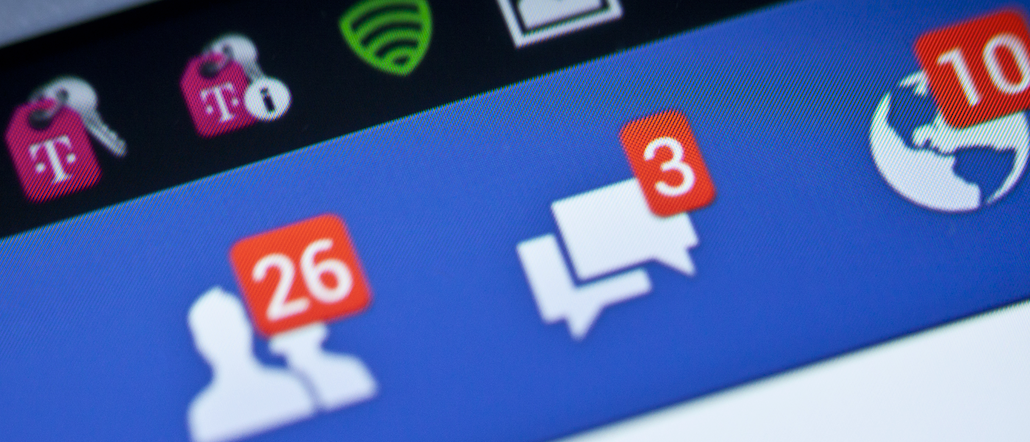Facebook’s facial recognition capabilities are about to get a little creepier

If you’re the type of person who ducks out of photos to avoid being tagged, Facebook is on to you. The company’s artificial intelligence lab is developing an experimental algorithm that detects users’ identities based on body shapes, hair and clothes instead of faces.
The idea mimics humans ability to recognize people in the same way we use clues without seeing faces. In an interview with the New Scientist, Yann LeCun, Facebook’s head of A.I. gave the example of Mark Zuckerberg who is identified “very easily, because he always wears a gray T-shirt.”
Facebook uploaded 40,000 photos from Flickr, some of them showing people’s faces and others partially obscured, and ran them through a “sophisticated neural network.” The algorithm was able to detect people’s identities 83 percent of the time.
The intent isn’t to be creepy, claims LeCun. The tool could be used to alert people that pictures of them have been uploaded to the Internet without their knowledge. More practically, the tool will be used to ease the burden of tagging multiple photos at once.
Still, Facebook might have trouble convincing users that this yet-to-be-released tool isn’t invading people’s privacy. It’s already embroiled in controversy in Europe over its facial recognition services: European regulators have blocked the release of Facebook’s new photo-sharing app Moments over its facial recognition abilities, which the company has nailed down to human-like accuracy.
So, if you’re trying to avoid Facebook, perhaps the best solution for now is to never leave the house.
Image courtesy of YouTube.
More in Media

In Graphic Detail: The scale of the challenge facing publishers, politicians eager to damage Google’s adland dominance
Last year was a blowout ad revenue year for Google, despite challenges from several quarters.

Why Walmart is basically a tech company now
The retail giant joined the Nasdaq exchange, also home to technology companies like Amazon, in December.

The Athletic invests in live blogs, video to insulate sports coverage from AI scraping
As the Super Bowl and Winter Olympics collide, The Athletic is leaning into live blogs and video to keeps fans locked in, and AI bots at bay.






